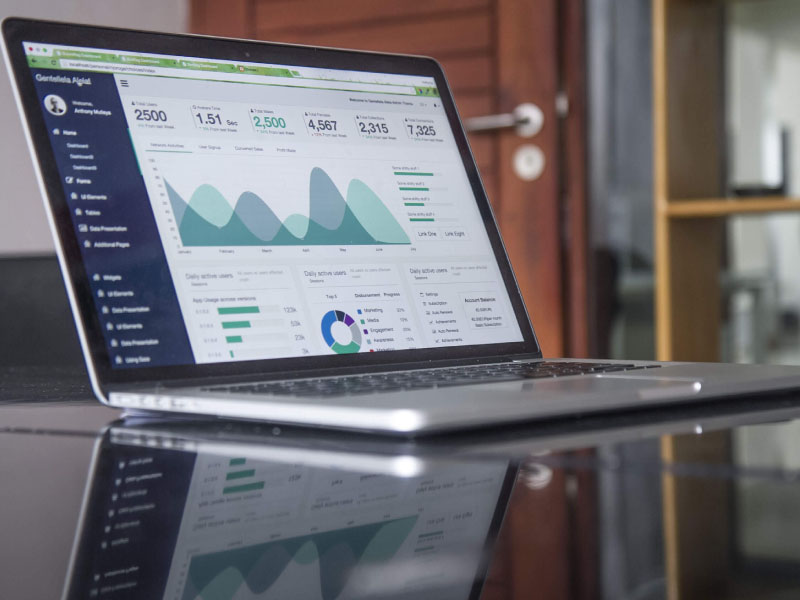- Introduction
- Understanding the Importance of Protecting Sensitive Data
- Traditional Analytics and Its Limitations
- Exploring the Alternative Approach to Analytics
- Implementing Data Anonymization Techniques
- Enhancing Data Security through Encryption
- Leveraging Privacy-Preserving Machine Learning Algorithms
- Evaluating the Effectiveness of the Alternative Approach
- Real-World Examples of Successful Implementation
- Conclusion: Embracing a Secure and Efficient Analytics Strategy
Introduction
In this comprehensive blog, we will delve into the realm of protecting sensitive data and explore an alternative approach to analytics. The ever-growing concern for data privacy and security necessitates a fresh perspective on how we handle and analyze valuable information. By adopting innovative techniques and technologies, we can strike a balance between data-driven insights and safeguarding individual privacy.
Understanding the Importance of Protecting Sensitive Data
Protecting sensitive data is no longer optional but imperative in today’s digital landscape. As organizations collect vast amounts of personal and confidential information, it becomes crucial to establish robust measures that prevent unauthorized access and potential breaches. Failure to protect sensitive data can lead to severe consequences such as reputational damage, legal repercussions, and loss of customer trust.
Traditional Analytics and Its Limitations
Traditional analytics methods often involve direct access to raw data, which poses inherent risks to data security. Moreover, these conventional approaches may struggle to handle the complexities associated with large-scale datasets and diverse data sources. As a result, organizations face challenges in maintaining compliance with privacy regulations while extracting meaningful insights from their data.
Exploring the Alternative Approach to Analytics
An alternative approach to analytics offers a transformative solution to overcome the limitations of traditional methods. By prioritizing data privacy and adopting cutting-edge technologies, organizations can unlock the potential of their data without compromising security. This approach involves implementing advanced techniques such as data anonymization, encryption, and privacy-preserving machine learning algorithms.
Implementing Data Anonymization Techniques
Data anonymization plays a crucial role in protecting sensitive information. By removing personally identifiable information (PII) or replacing it with pseudonyms, organizations can ensure that the analyzed data cannot be linked back to individuals. This technique allows for valuable insights while preserving privacy, enabling organizations to comply with regulations such as the GDPR.
Enhancing Data Security through Encryption
Encryption is a powerful tool for securing sensitive data throughout its lifecycle. By converting data into an unreadable format, encryption provides an additional layer of protection against unauthorized access. Implementing robust encryption algorithms and employing secure key management practices ensures that even if data is compromised, it remains unintelligible to unauthorized parties.
Leveraging Privacy-Preserving Machine Learning Algorithms
Privacy-preserving machine learning algorithms enable organizations to extract valuable insights while preserving data privacy. These algorithms allow analysis to be performed directly on encrypted or anonymized data, eliminating the need to expose raw, sensitive information. Techniques such as homomorphic encryption and federated learning enable collaboration and analysis across multiple parties without compromising individual privacy.
Evaluating the Effectiveness of the Alternative Approach
Evaluating the effectiveness of the alternative approach requires a comprehensive analysis of both the security measures and the quality of insights obtained. Organizations must assess factors such as data accuracy, privacy preservation, scalability, and the overall impact on decision-making processes. By conducting thorough evaluations, organizations can identify areas of improvement and fine-tune their analytics strategy.
Real-World Examples of Successful Implementation
Real-world examples serve as testament to the viability and effectiveness of the alternative approach to analytics. Numerous organizations across industries have embraced privacy-enhancing technologies to protect sensitive data while deriving valuable insights. From healthcare institutions ensuring patient privacy to financial organizations safeguarding transactional data, success stories demonstrate the immense potential of this approach.
Conclusion: Embracing a Secure and Efficient Analytics Strategy
In conclusion, the protection of sensitive data must be a top priority for organizations in the era of data-driven decision-making. By adopting an alternative approach to analytics, organizations can strike a balance between deriving valuable insights and safeguarding individual privacy. Through the implementation of data anonymization techniques, encryption, and privacy-preserving machine learning algorithms, organizations can ensure the security and integrity of their data while complying with regulations and building trust with their stakeholders. Embracing a secure and efficient analytics strategy is a proactive step towards a sustainable and responsible data-driven future.





